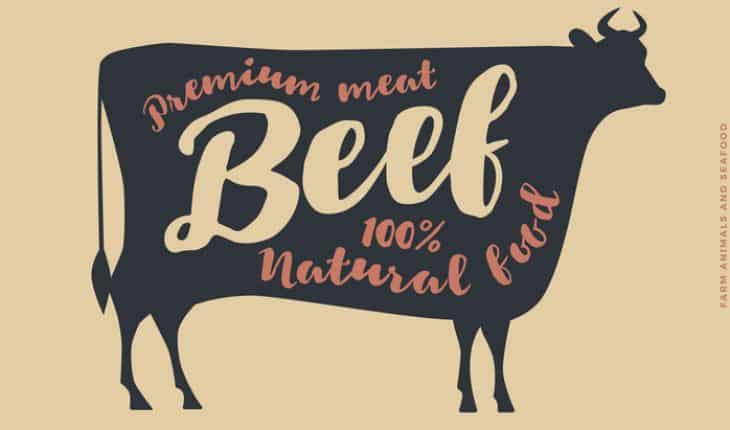For middle-aged men, eating higher amounts of protein was associated with a slightly elevated risk for heart failure than those who ate less protein, according to new research from the University of Eastern Finland. Proteins from fish and eggs were not associated with heart failure risk in this study. The findings were reported in Circulation: Heart Failure.
Despite the popularity of high protein diets, there is little research about how diets high in protein might impact men’s heart failure risk.
“As many people seem to take the health benefits of high-protein diets for granted, it is important to make clear the possible risks and benefits of these diets,” said Jyrki Virtanen, PhD, study author and an adjunct professor of nutritional epidemiology at the University of Eastern Finland in Kuopio. “Earlier studies have linked diets high in protein – especially from animal sources — with increased risks of type 2 diabetes and even death.
Researchers studied 2,441 men, age 42 to 60, at the study’s start and followed them for an average 22 years. Overall, researchers found 334 cases of heart failure were diagnosed during the study and 70 percent of the protein consumed was from animal sources and 27.7 percent from plant sources. Higher intake of protein from most dietary sources, was associated with slightly higher risk. Only proteins from fish and eggs were not associated with heart failure risk in this study, researchers said.
Higher intake of protein from most dietary sources, was associated with slightly higher risk. Only proteins from fish and eggs were not associated with heart failure risk in this study, researchers said.
For this study, researchers divided the men into four groups based on their daily protein consumption. When they compared men who ate the most protein to those who ate the least, they found their risk of heart failure was:
33 percent higher for all sources of protein;
43 percent higher for animal protein;
49 percent higher for dairy protein;
17 percent higher for plant protein.
“As this is one of the first studies reporting on the association between dietary protein and heart failure risk, more research is needed before we know whether moderating protein intake may be beneficial in the prevention of heart failure,” said Heli E.K. Virtanen, MSc, first author of study, PhD student and early career researcher at the University of Eastern Finland in Kuopio. “Long-term interventions comparing diets with differential protein compositions and emphasizing differential protein sources would be important to reveal possible effects of protein intake on risk factors of heart failure. More research is also needed in other study populations.”
- New lipid-based pathway discovered as key to memory formation - 25th June 2025
- Crucial link could explain how Alzheimer’s takes hold - 25th June 2025
- Understanding Your Mind Can Improve Daily Life - 25th June 2025







